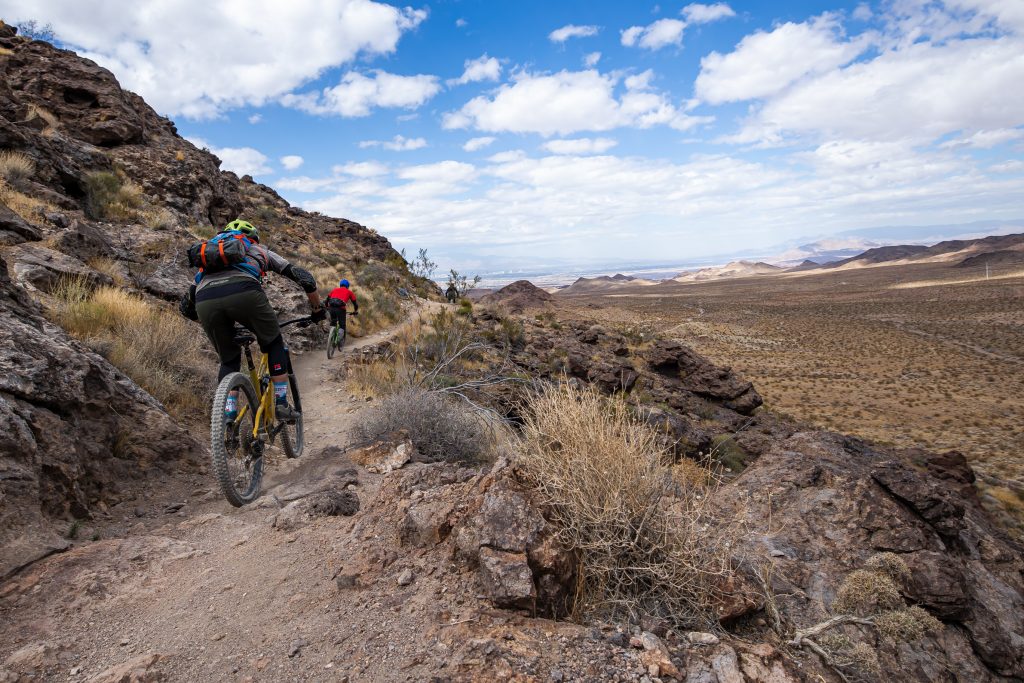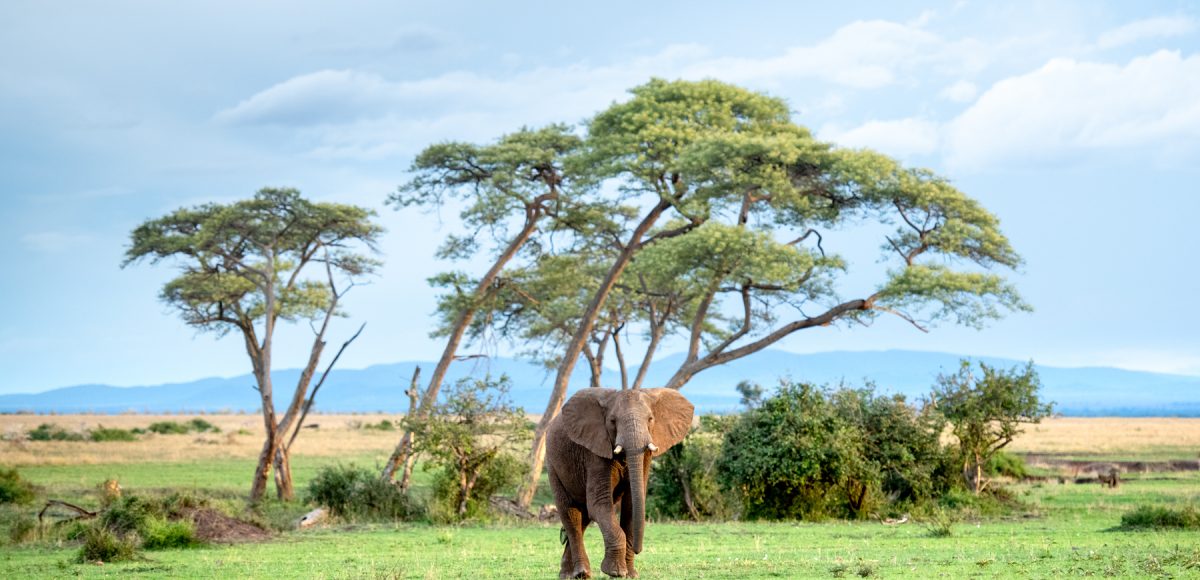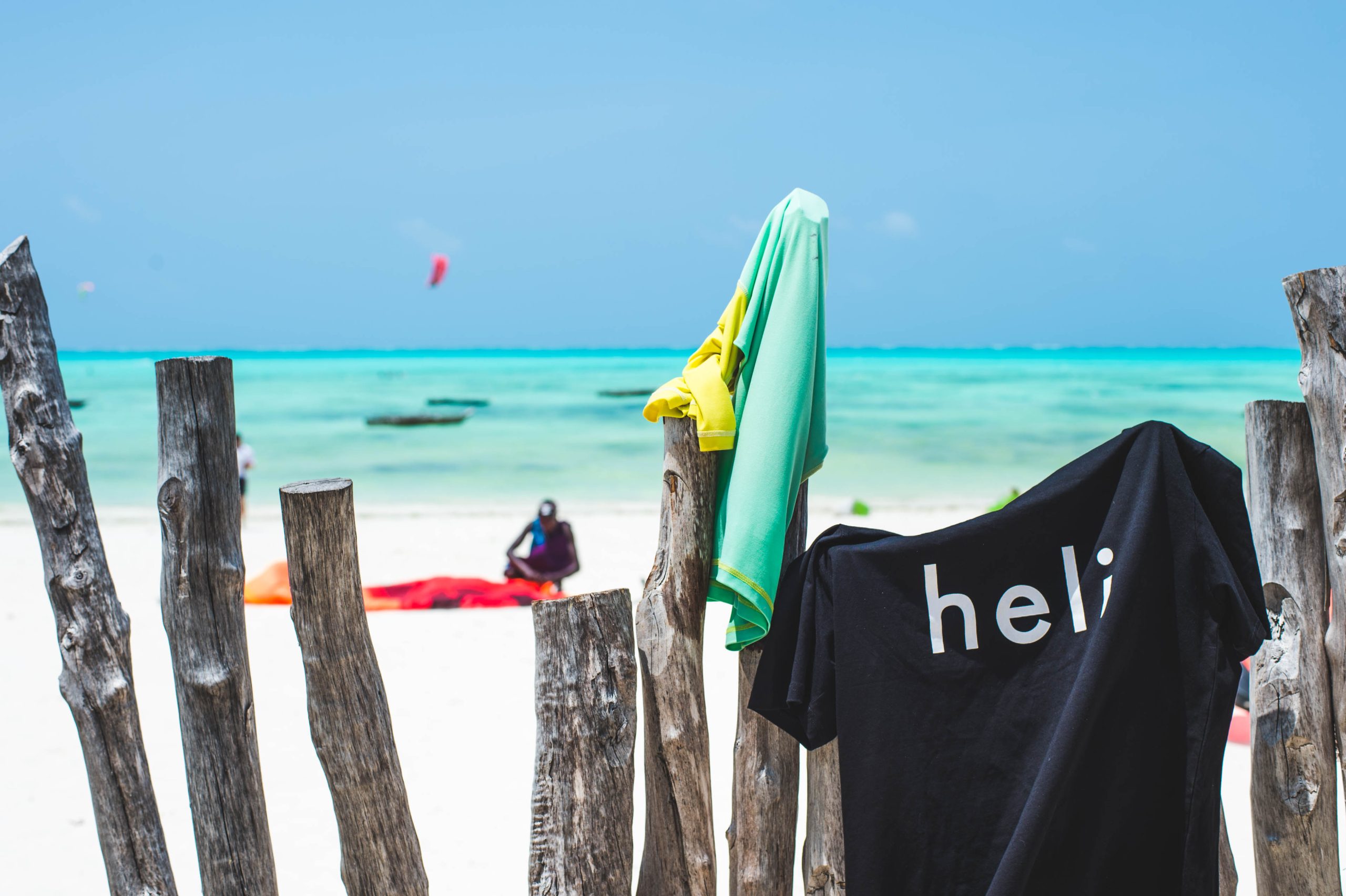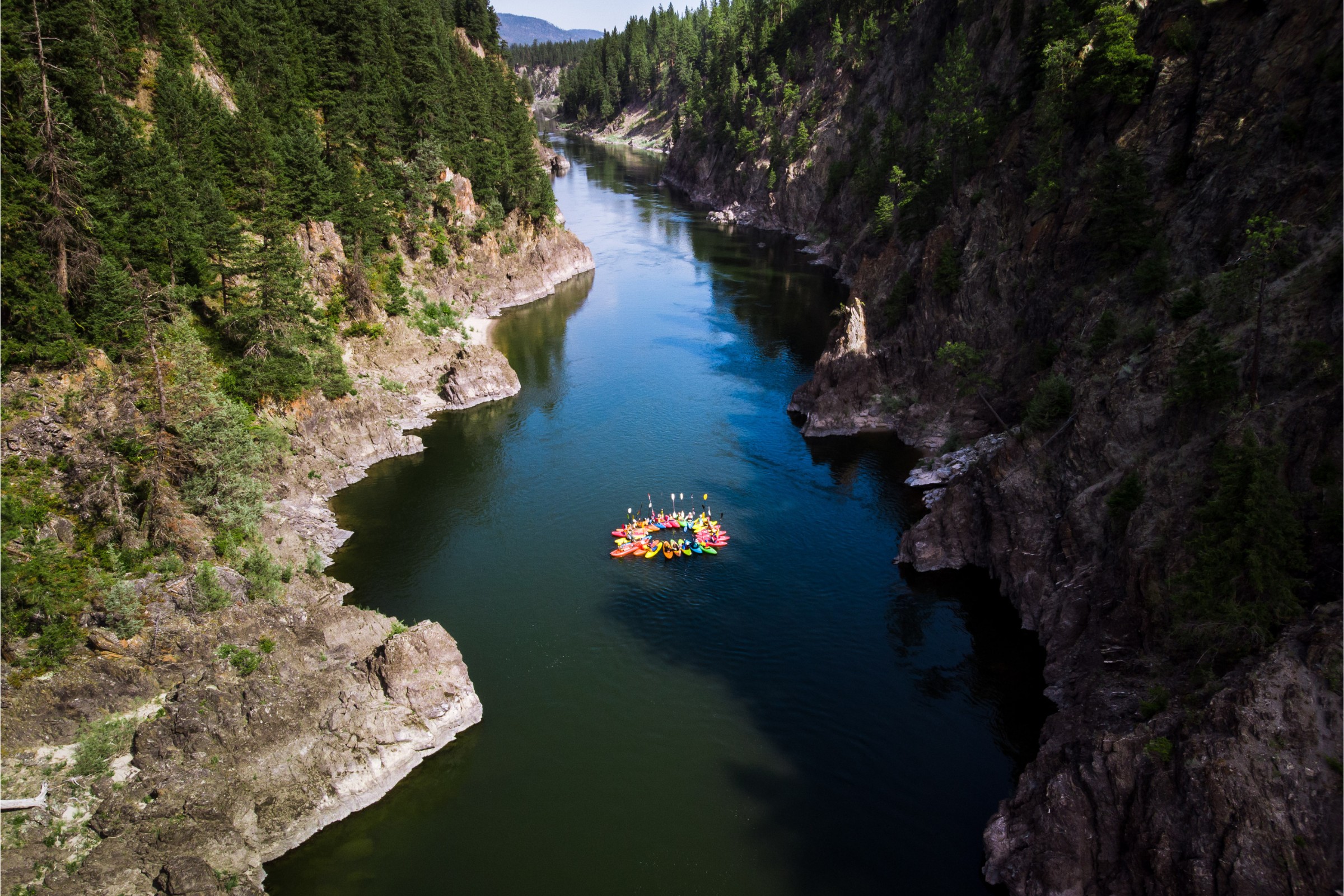It’s no secret that spending time outdoors is a good thing for us all. When you stand on top of a mountain—clicked into your skis, gazing upon a canvas of powder—your happiness and appreciation for the world only grow. When you catch the perfect wave—coasting across the ocean with a smile on your face the entire time—you realize the best experiences come natural, not manufactured. And when you pedal up a trail with the sun shining on your back, it’s clear the dirt beneath your tires is more precious than it once may have seemed.

But there’s something missing from this wealth of common knowledge, and that’s the importance of spending time around wildlife. Not in an intrusive way. And not at the zoo. But in a respectful way that helps us all grow.
Richard Louv is an award-winning journalist and author who’s committed much of his life to this topic. He explains that, even in urban places, connection to wild animals makes us better humans.
“Research shows that the urban parks that have the best impact on human psychological health are the parks with the highest biodiversity—the widest array of animal and plant species,” he says. “I don’t believe that’s an accident. As a species, we are desperate to know that we are not alone in the universe. And yet, intimacy—or the potential for intimacy—is all around us.”
Louv’s point is an interesting one. Even in a world with nearly 8 billion people, it’s easy to feel alone—and therefore it’s easy to misunderstand our impact. But when surrounded by wildlife, the result is two-fold: 1) We find greater purpose knowing this world isn’t just about humans and 2) We find ways to protect beings that aren’t just humans.
“Even in the most populated urban neighborhoods, members of such groups could track the influx of wild animals, prevent dangerous encounters, and record the exit of animal refugees from climate change,” Louv continues. “They could volunteer at urban wildlife rehabilitation and pet rescue centers. Such efforts would give people a greater investment in their regional and personal identity and the psychological well-being and confidence that comes with that.”
When you see a wild animal in its natural habitat, it’s difficult to avoid that wave of emotion. This can be as common as a bird, building a nest on a city street, or as grand as a lion chasing down its prey in the African wilderness. Either way, more and more people are finding ways to responsibly experience wildlife all around the globe.

One example of this is Singita, a safari operator located in remote Tanzania. Its dozens of guides come from backgrounds of forestry, veterinary, zoology, outdoor recreation, and more—and they know better than anyone how beneficial it is to live alongside wildlife. The safaris aren’t just about seeing wildlife in real life, then telling the world about it via Instagram and Facebook. It’s about seeing wildlife in real life, then returning home with a deeper understanding of the world we live in.
“For millennia, our species has waged war on nature, and our isolation and pathologies have only grown,” says Rouv. “Now it’s time to make peace, as individuals and as a species. Our ways may be awkward and searching, but we must do this. We know empathy is more powerful than technology. In the time we still have, this is our wild calling.”
With that, here’s our humble advice: step outside today and try to connect with something wild. If it’s a squirrel, it’s a squirrel. If it’s a tree, it’s a tree. Just take that moment of wild appreciation, and the rest of your day will be better for it.
And if you want to take it to the next level, you know where to find us. There are endless trips waiting out there, and every single one of them will change your life—guaranteed.
Rouv quotes courtesy of Psychology Today




